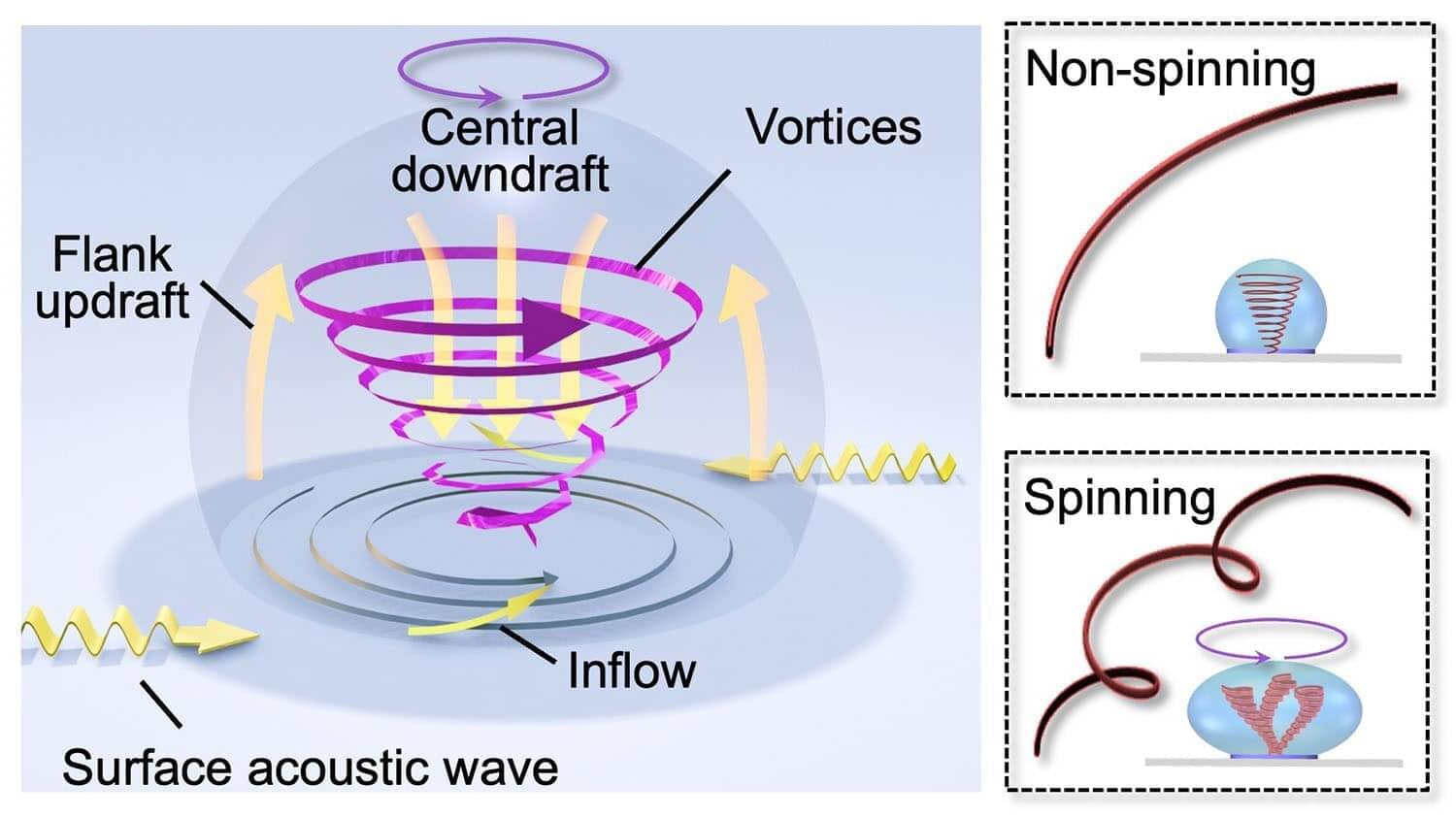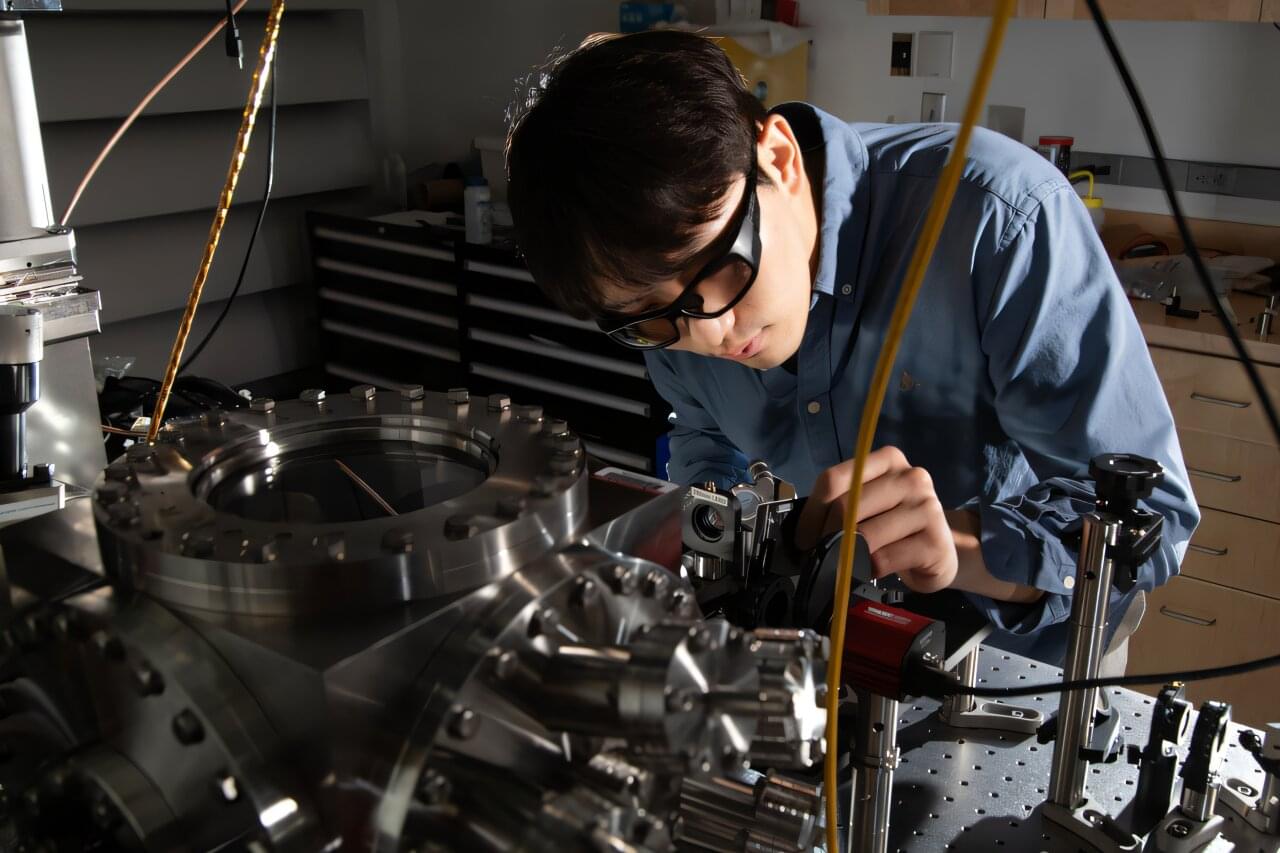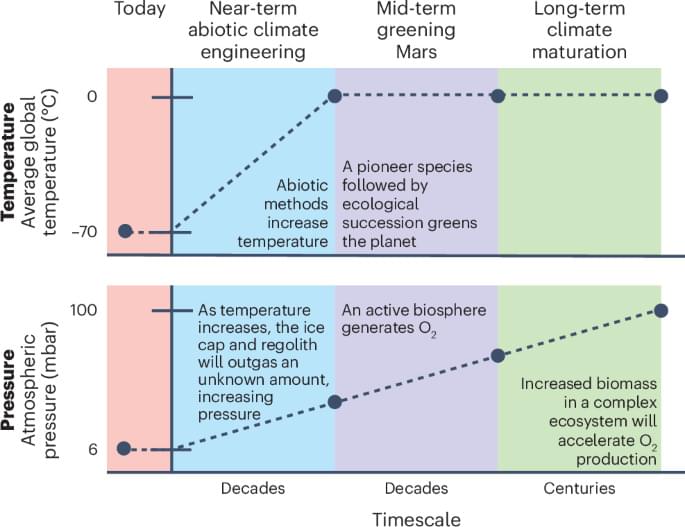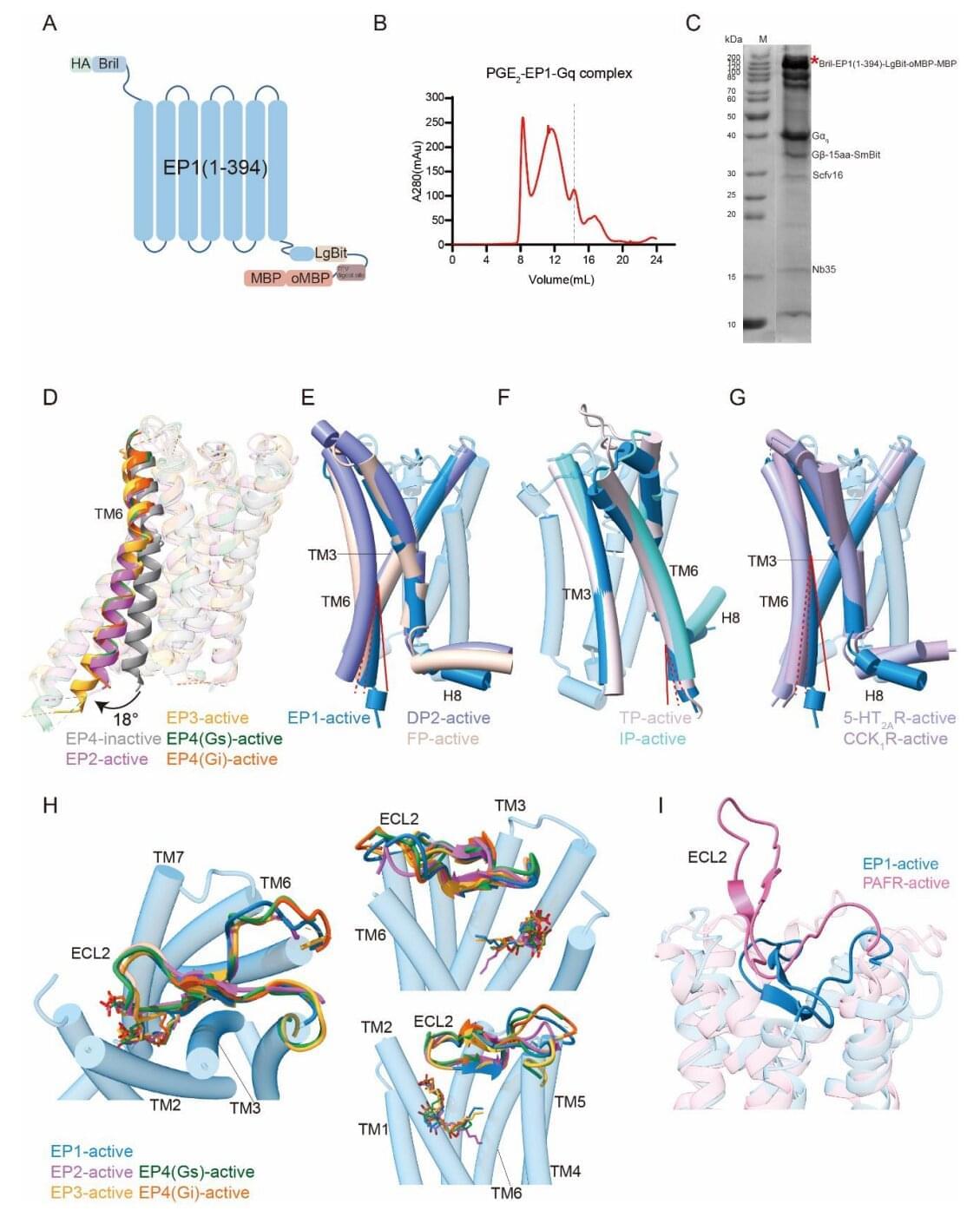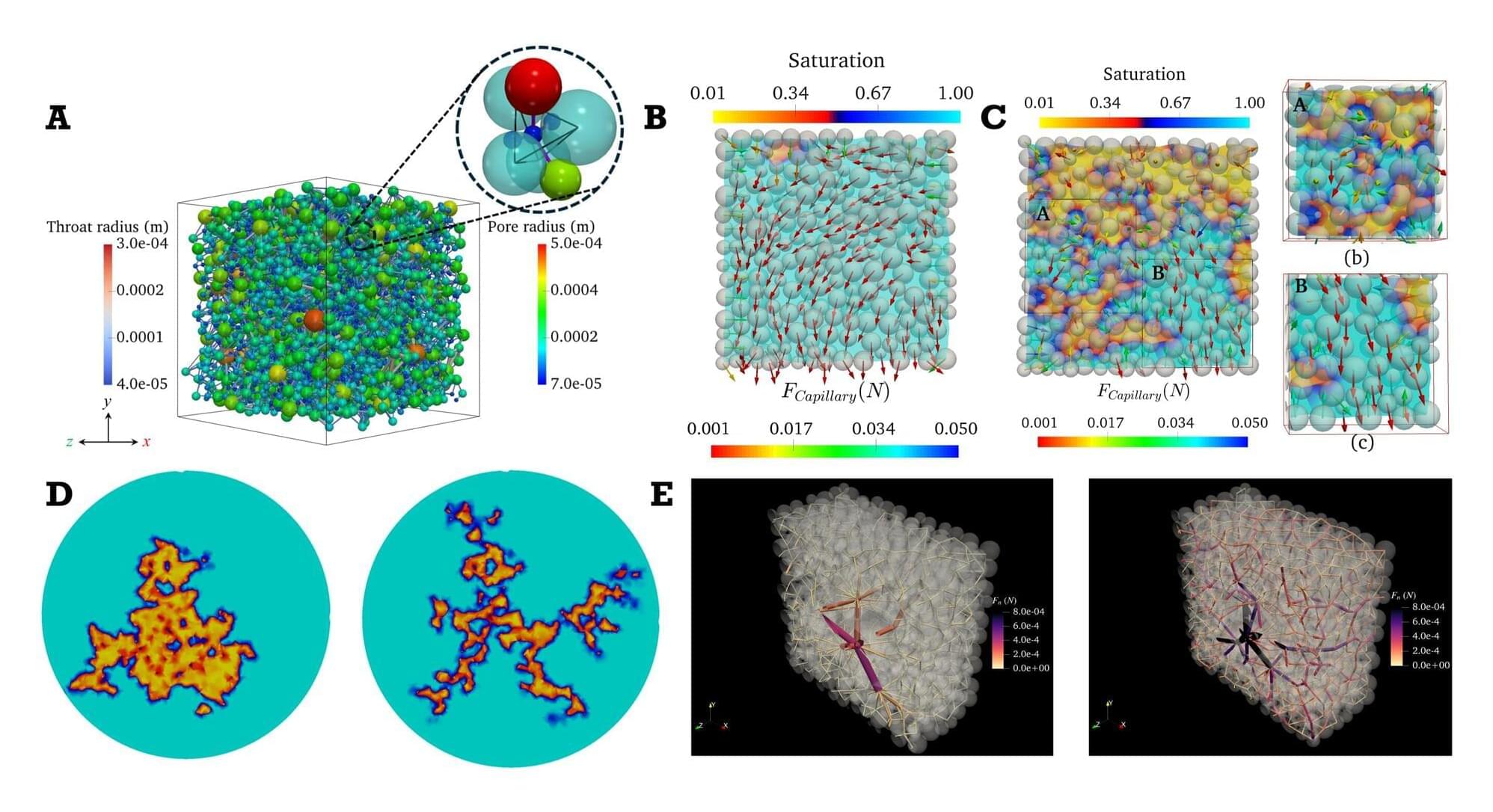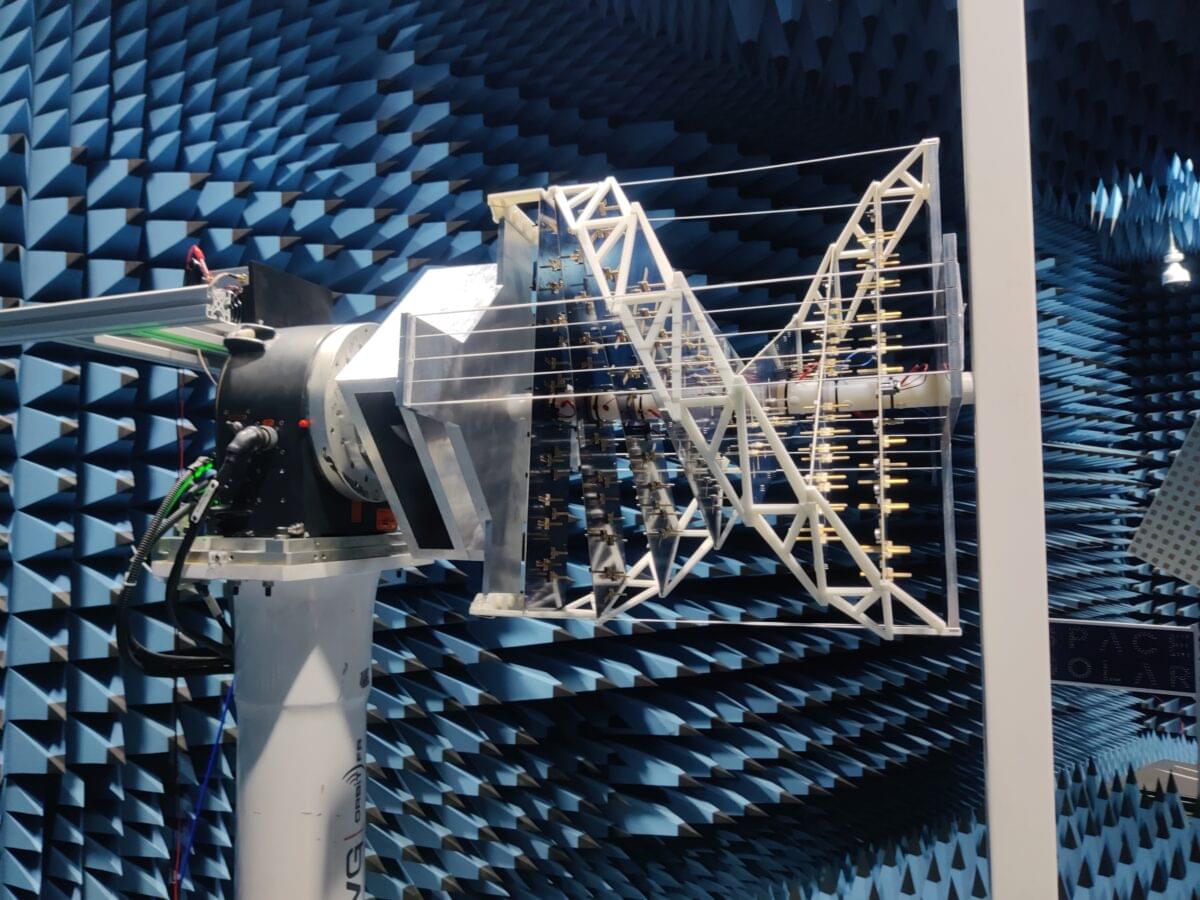Researchers have detailed the physics behind a phenomenon that allows them to create spin in liquid droplets using ultrasound waves, which concentrates solid particles suspended in the liquid. The discovery will allow researchers to engineer technologies that make use of the technique to develop applications in fields such as biomedical testing and drug development.
“By creating ultrasound waves on the surface of a piezoelectric substrate, we can induce spin in a liquid droplet that is resting on that substrate,” explains Chuyi Chen, an assistant professor of mechanical and aerospace engineering at North Carolina State University and co-lead author of a paper on the work published in Science Advances.
The oscillation of the ultrasound waves pushes the fluid inside the droplet to stream in a circle, but the surface tension of the droplet prevents the droplet from spreading out into a flat sheet. A combination of forces from the ultrasound waves, the spinning droplet, and the fluid moving within the droplet drives particles inside the droplet to move in a helical pattern, essentially corkscrewing through the droplet to come together at a central point.
